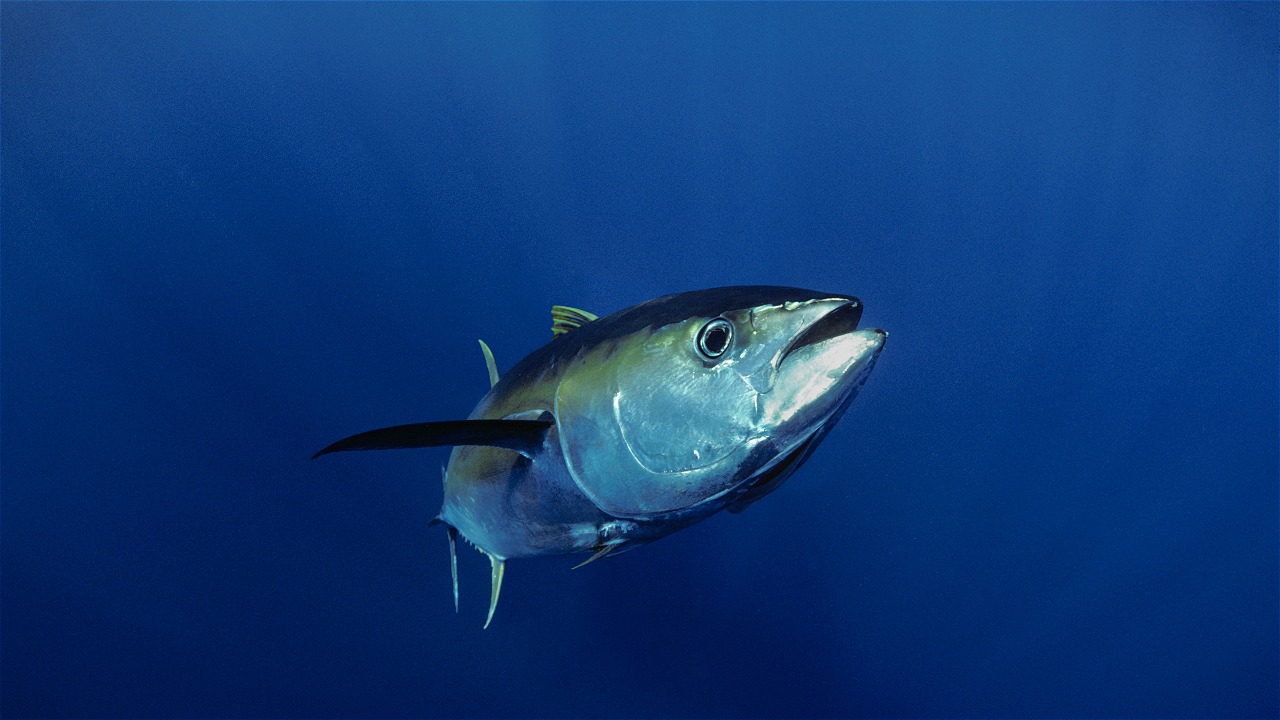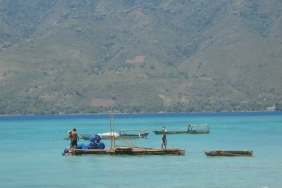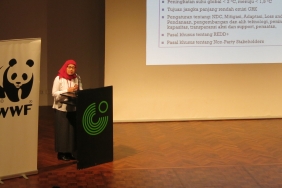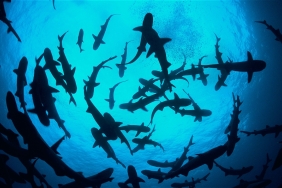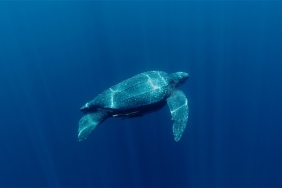WWF LAUNCHES THE LATEST SEAFOOD GUIDE
By: Masayu Yulien Vinanda
Jakarta (01/06)-As an effort to increase national demand on sustainable seafood, WWF encourages consumers to be more selective in purchasing every seafood product. One of the strategies is by socializing seafood guide, the pocket-sized guide which provides an insight into the sustainability of the most popular Indonesian seafood species. The guide uses a simple traffic light system of categorising the seafood species. Consumers are advised to stop purchasing sea food and fish which fall under ‘red’ category. Fish under ‘yellow’ category can be consumed in moderation, and those under ‘green’ category should be the focus of public consumption.
The seafood guide empowers the seafood lovers to make informed decisions in choosing sustainable seafood. It doesn’t urge them to stop consuming seafood. Sustainable seafood means seafood that is caught and farmed responsible and does not cause damage to the environment. The stability, security, and sustainability of seafood in Indonesia as well as in other countries are under threats due to the destruction of marine ecosystem. The threats come from destructive fishing practice, overfishing, and by-catch. If this condition still continued, some fisheries experts predicted that in 2048, people would eat only jelly fish and planktons due to the fish scarcity.
The high demand on reef fish for instance snapper, tuna, rabbit fish, crab, shrimp and lobsters have forced the fishermen to catch those species in large number. As a result, they started to practice destructive fishing by using bombs or cyanide. The explosive kills the reef for many decades, and the reef sometimes does not regenerate at all which also caused the population of reef fish decrease.
Through “Choose your seafood right” campaign which uses seafood guide as its main campaign instrument, WWF tries to promote “sustainable seafood” concept to the consumers and encourages them to choose their seafood wisely. As the sustainable seafood demand increases, it is expected that it will lead to increase the adoption of sustainable fishery practices among seafood industries in Indonesia, that in the end will stop further destruction of marine habitats and will stop overfishing.
Let’s conserve our marine resources, for the sake of the future generation and the sustainability of our ocean.
DownloadThe latest Seafood Guide ...

